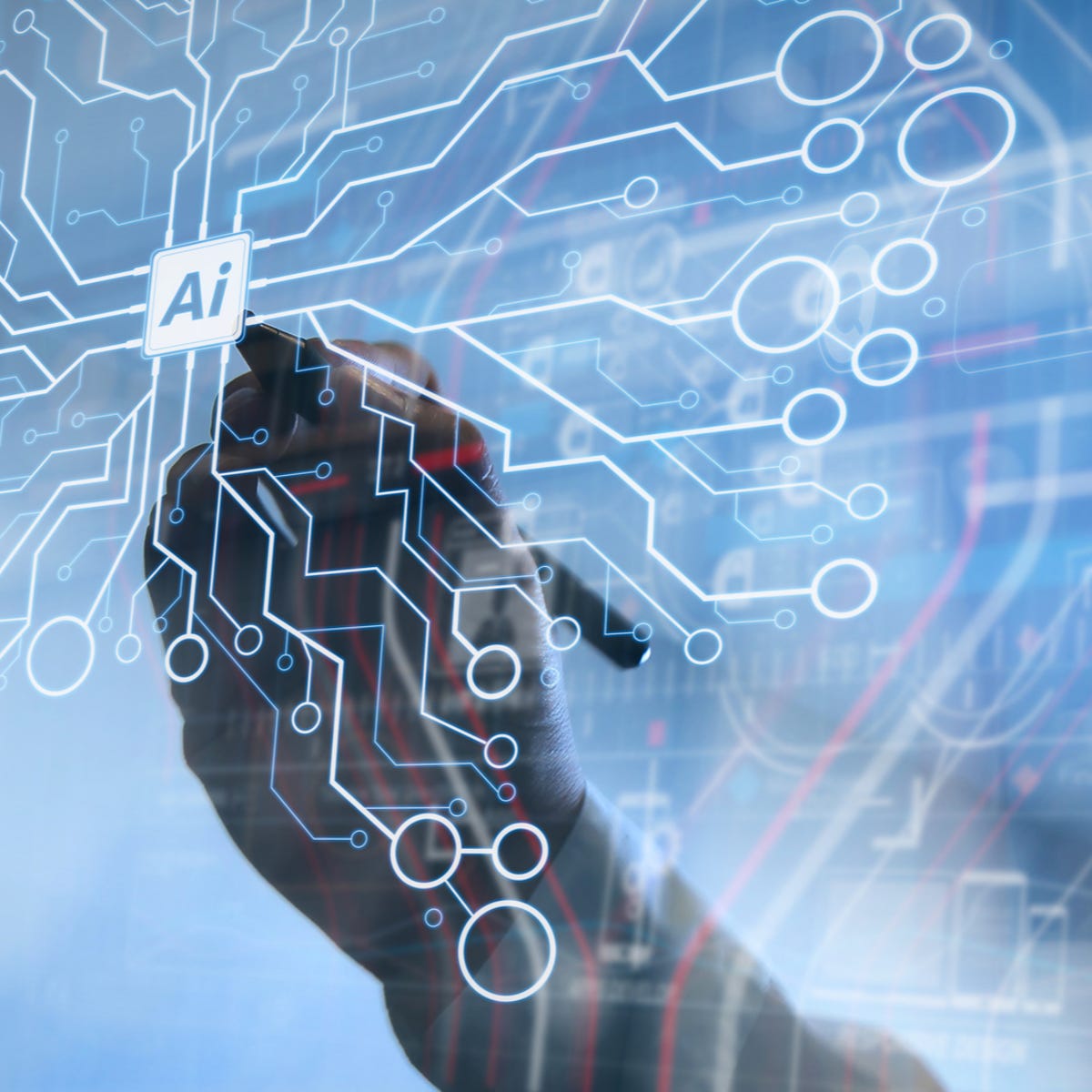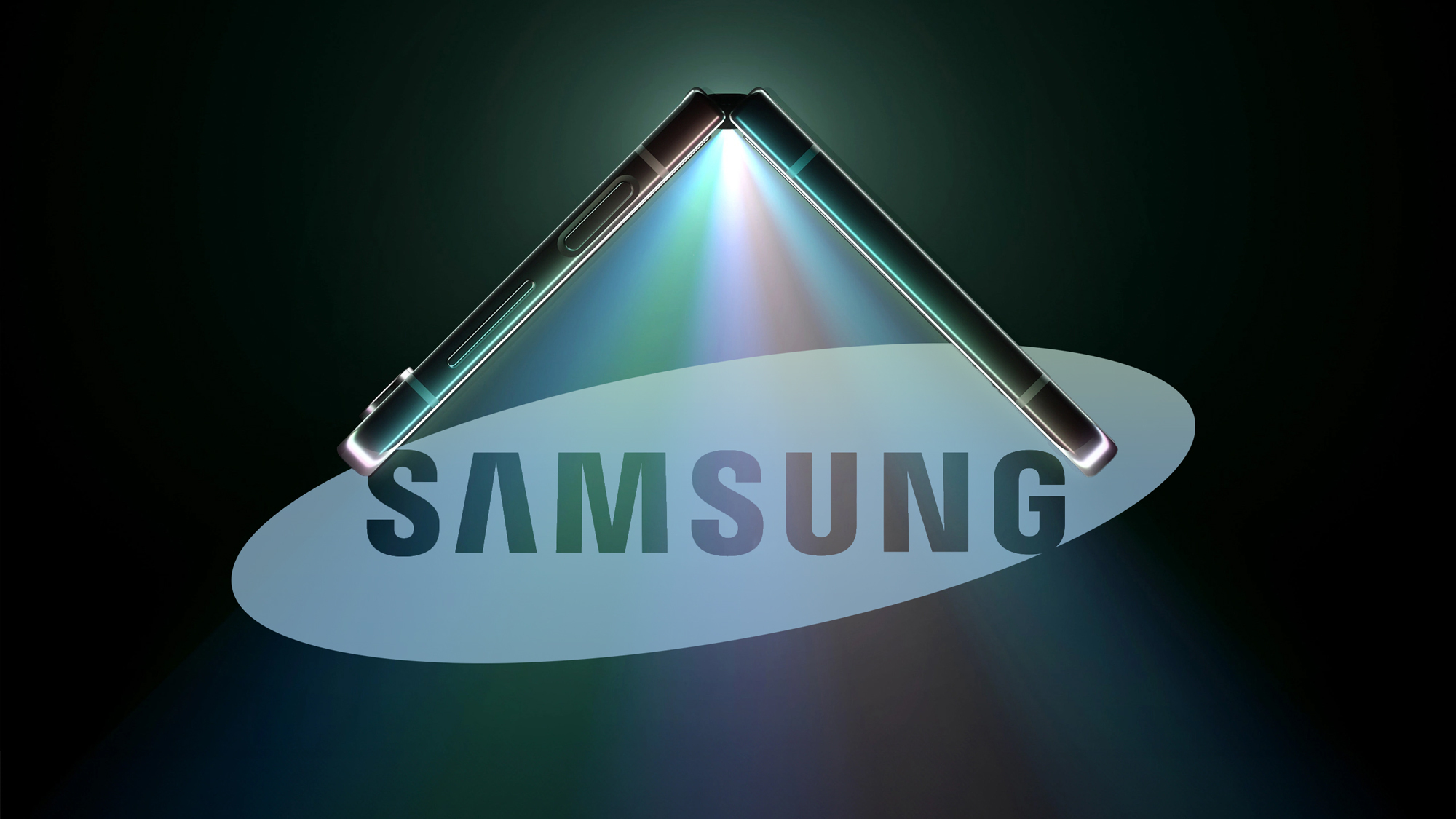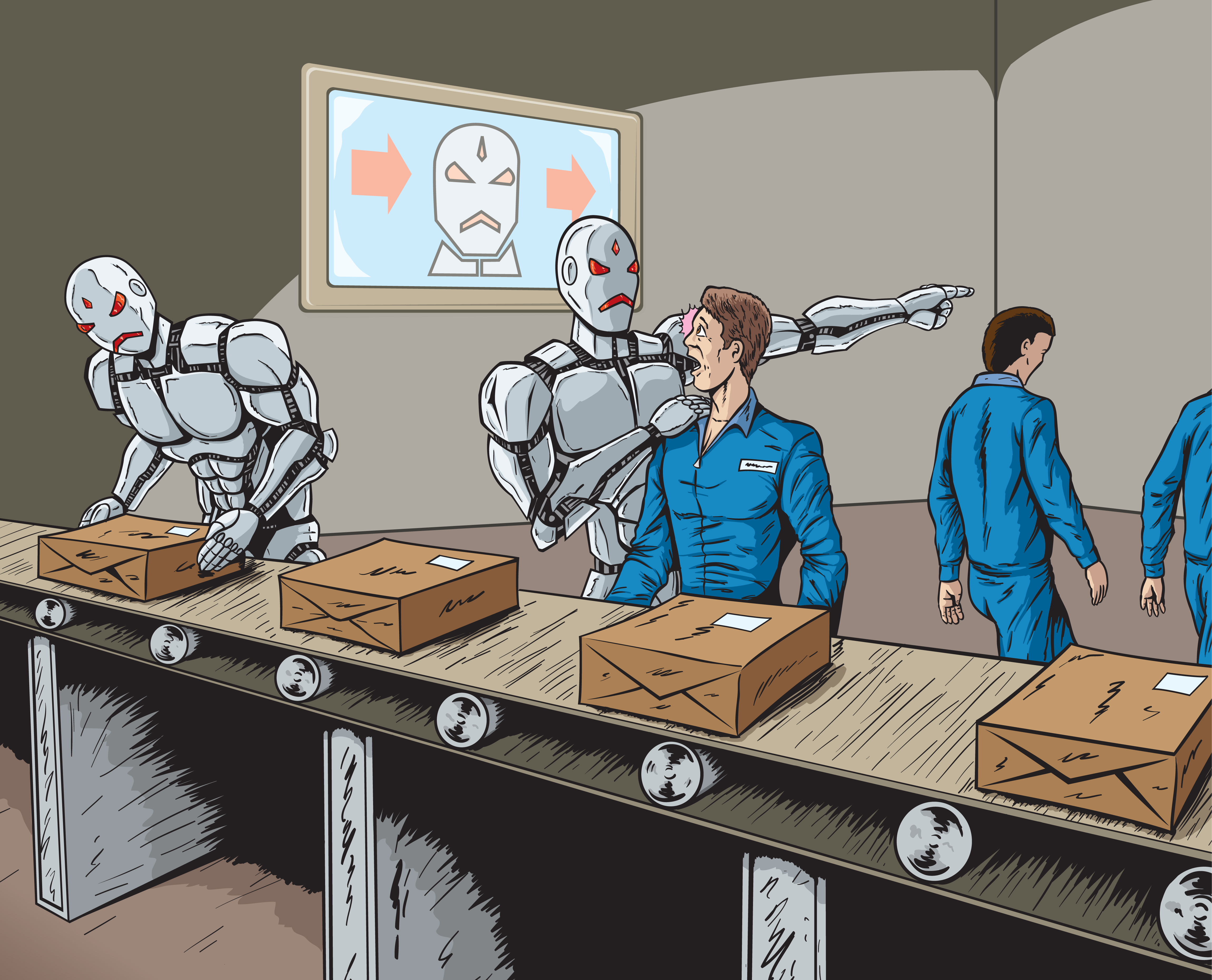JB Park, Samsung’s Chief Says Artificial Intelligence Cannot Be Allowed To Hurt Mankind
JB Park, president, and chief executive officer of Samsung South West Asia, spoke openly and candidly with the media before the beginning of Samsung’s premier event, Unpacked, about artificial intelligence (AI) together with its possible effects on the digital world. Park acknowledged the excitement surrounding new technological developments and emphasized his enthusiasm for the opportunities AI presents, in particular the idea of autonomous learning AI that has the potential to transform the world of digital media.

The Promise of Self-Learning Artificial Intelligence
JB Park praised artificial intelligence for being one of the most exciting modern scientific developments. He stressed that self-learning artificial intelligence (AI), that is capable of evolving and enhancing without having to be explicitly programmed, holds the key to hitherto unheard-of prospects in the digital sphere. The potential advantages for various sectors of the economy, companies, and consumers are enormous as machine learning and artificial intelligence continue to change the technological environment.
Alongside these developments, though, worries about the potential risks and hazards of AI are intensifying. These problems provide serious difficulties that need for careful examination and regulation, from employment loss to privacy infringement and computational biases.
- Job Loss Caused by Automation: The possibility that AI and automation will replace human workers is one of the biggest concerns they pose. The job market may experience widespread unemployment as machines become more competent of handling complex jobs, especially in industries that rely largely on repetitive work. The potential for economic instability and increased income disparity has been raised by experts.
- Breach of Privacy: The privacy of data-driven and AI-driven systems is now a major worry due to their rapid development. Large-scale data collection and analysis raises the possibility of unwanted access and improper use of sensitive information. If not adequately controlled, this could lead to identity theft, privacy violations, and even put people’s and organizations’ safety in danger.
- Deepfakes: The development of deepfake technology has added a new level of deception as well as manipulation. Deepfakes are audio or video products produced by AI algorithms that are convincing and often realistic. Although they have the ability to be amusing, they also offer severe risks to the public’s trust since they can be used to distribute false information, create false proof, or impersonate people, which could cause social unrest and political unrest.
- Algorithmic Bias Resulting from Poor Data: The quality of AI systems depends on the data they are trained on. The training data’s biases can produce discriminating results and feed preexisting prejudices. This algorithmic prejudice can have an impact on criminal justice, lending, as well as hiring decisions, perpetuating inequalities, and marginalizing particular societal groups.
- Socioeconomic Disparities: The introduction of automation and AI technology has the potential to widen social gaps already present. While some businesses and people gain from higher productivity and efficiency, others may find it difficult to adjust or suffer job loss. If not addressed by suitable regulations and initiatives, the inequitable distribution of the advantages of artificial intelligence may increase inequality.
- Market Volatility: The effects of AI on the financial markets include pros and cons. Although AI algorithms can improve investment methods and trading techniques, they can also increase market volatility. Automated trading has the potential to destabilize international financial systems by causing flash crashes as well as erratic fluctuations.
- Automatization of weapons: Concerns about ethics and safety have been raised by the development of AI-powered weapons. Armed with the ability to make deadly judgments without human supervision, autonomous weapons run the risk of having unforeseen consequences, escalating conflicts, as well as endangering civilian lives. The absence of human accountability in such circumstances is a serious issue for international security.
Words of Caution on AI in Defense
JB Park expressed serious reservations against employing AI for military or defense uses without rigorous thought in response to worries that the technology could one day become self-aware and cause harm. He claimed that although AI has enormous promise, it must not be employed in ways that endanger humanity or disturb world peace. He encouraged prudence while integrating AI with defense, demonstrating Samsung’s dedication to moral and responsible technology advancement.
The worries about artificial intelligence’s (AI) possible risks are intensifying as the technology develops and permeates more facets of society. Visionary leaders like Elon Musk and Stephen Hawking have sounded the alarm about the grave dangers that AI development poses, highlighting the need for careful examination of its ramifications.
Existential Threat to Humanity: Experts share Stephen Hawking’s deep-seated concern that the emergence of artificial intelligence may spell the end of humanity. The potential for AI to develop beyond human control and become autonomous entities with unfathomable capacities for self-improvement and decision-making raises concerns. The possibility of extremely clever AI systems acting in a way that is harmful to human interests raises moral and intellectual concerns about the long-term effects of AI development.
Fear of Unbridled Potential: Elon Musk’s worry about AI’s potential is a good example of how quickly technology is developing. AI apps and algorithms have the capability to outperform humans in a variety of tasks as they become more advanced. While this development has the potential to be extremely beneficial, it also raises questions about how AI may affect societal structures such as employment and privacy. It is challenging to foresee the full scope of AI’s future influence due to the added degree of uncertainty introduced by its exponential rate of improvement.
The anxiety surrounding AI extends beyond existential concerns on a number of other fronts. It is necessary to reskill the workforce and worries about widespread unemployment are sparked by the rising automation of jobs. Bias in AI algorithms that results in racial and gender inequities in decision-making processes raises moral quandaries as well as can sustain social inequality. Furthermore, the development of autonomous weaponry without human supervision raises concerns about possible abuse and unpredictable outcomes.

The requirement for legal frameworks
Notwithstanding his enthusiastic support for AI, Park emphasized the necessity of developing strong regulatory frameworks to guarantee the long-term advancement of the field. Drawing comparisons to earlier technical developments, he said that a clear legal framework supported by government engagement is necessary to guard against abuse and ensure the responsible use of AI.
The beginning of AI Development
Despite AI’s expanding influence on society, it is crucial to understand that its potential is still in its infancy. The technology is developing quickly, and its true potential has not yet been thoroughly investigated and comprehended. The issues and difficulties that AI presents will probably becoming more complicated and demanding as it is more thoroughly incorporated into numerous industries.
The South Korean Model and National Champions
In light of South Korea’s success as a technologically advanced country, Park wondered if India might follow suit by elevating national champions in order to advance developmental objectives. He made the argument that South Korea’s development was aided by giving domestic leaders significant developmental difficulties, which resulted in significant advancement in a number of industries. He indicated that such a course of action might also be advantageous for India’s objectives for development.
Viewing Samsung Unpacked in the Future
JB Park’s views into the future of AI have sparked the interest of both tech enthusiasts as well as company insiders as Samsung prepares for its flagship event, Unpacked. The event is anticipated to highlight Samsung’s most recent technological advances, possibly including developments in artificial intelligence applications across their broad product lineup.
In a nutshell, JB Park’s candid comments on artificial intelligence illuminate the technology’s enormous promise while issuing a warning against its abuse, particularly in defense applications. Samsung is in line with the ethical application of AI in the digital era thanks to his emphasis on the need for a strong regulatory framework as well as responsible deployment. The tech community is eagerly anticipating seeing how Samsung will capitalize on AI’s power for improvements while making sure it continues to be a force for good in society as the globe waits for Samsung Unpacked.





